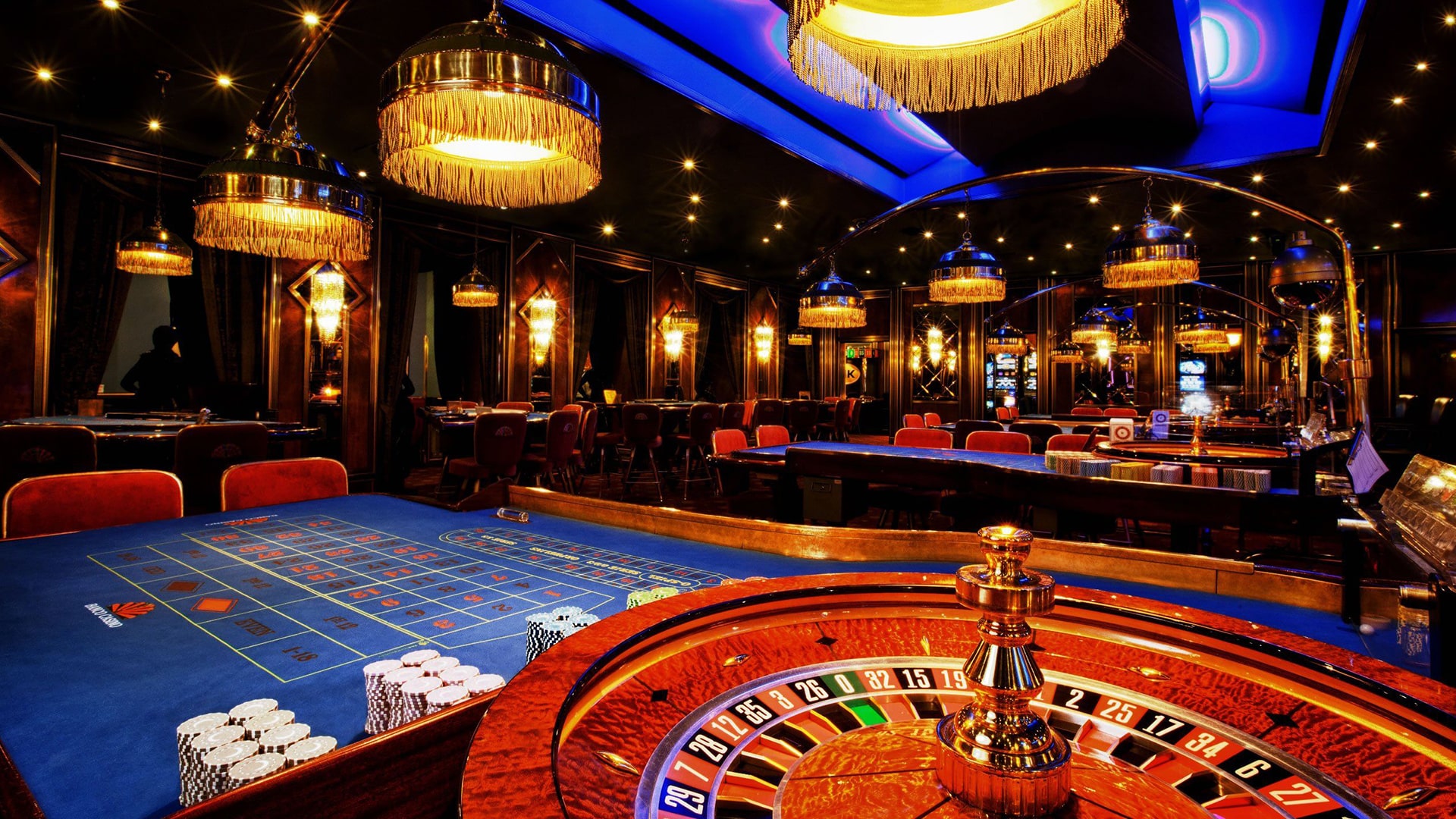
Gambling games have long captured the interest of humans around the world, becoming an integral part of both leisure and society. From the glimmering lights of Las Vegas to the immersive experience of virtual casinos, these experiences evoke excitement, danger, and sometimes even a sense of sentimentality. They are not just simply hobbies; they have woven themselves into the fabric of our lives, influencing various aspects from cinema and songs to style and literature.
The charm of casino games transcends the gambling aspect, tapping into broader themes of serendipity, chance, and human behavior. As players convene around a gaming table or rotate the roulette, they engage in an age-old ritual that resonates with our communal desire for thrill and unpredictability. This captivation has led to the rise of numerous references in films, music, and electronic games, showcasing how intensely entrenched these pastimes are in popular culture. Whether it is the high-stakes tension of a traditional robbery film or the lively nightlife portrayed in music videos, casino games have carved out a substantial place that reflects our relationship with risk and reward.
Social Significance of Casino Activities
Casino games have played a pivotal role in cultural aspects throughout history. Originating from ancient civilizations, games of chance were often connected to ceremonies or events. For example, early iterations of gambling can be linked back to historic Chinese and the Romans, where dice games and betting on outcomes were common pastimes. These activities not only served as leisure but also as methods of connecting people, facilitating relationships among individuals within societies.
As societies evolved, so did the complexity and organization of casino games. The establishment of official casinos in the 17th century, particularly in the Italian region, marked a major shift in how games were viewed and structured. With designated spaces for gambling, the casino became a social hub where people from various backgrounds convened. This evolution contributed to the legitimization of gambling, transforming it from a mere pastime into an established industry that shaped the economy and policy.
The effect of gambling activities on popular culture cannot be overlooked. As they were popularized in literature and movies, games such as poker and 21 became symbols of risk, luck, and tactics. Iconic figures and stories have developed around these games, reflecting societal attitudes towards fortune, wealth, and vice. This interest with gambling games has permeated various forms of media, cementing their status in the public imagination and linking them to wider cultural narratives throughout history.
Representation of Gambling Games in Media
Casino activities have long been a popular subject in different types of entertainment, reflecting both the fascination and nuances of gambling culture. Films such as Ocean’s Eleven and Casino Royal portray figures who navigate dangerous scenarios, showcasing not only the attractiveness of the gambling environment but also the methods and decisions that come with playing popular games like poker and blackjack. These movies often dramatize the exhilaration of winning and the potential consequences of losing, encapsulating the dangers involved in gambling.
Television shows have also explored the universe of casino games, often integrating them into the plot as a backdrop for character arcs and tension. nhà cái uy tín Shows like Vegas depict the lives of casino workers and customers, highlighting the lively, often chaotic energy of the gaming floor. Docuseries featuring intense gambling competitions further emphasize the fascination of casino games, drawing viewers into the drama and tactics involved in each session. Through these depictions, media not only entertains but also sparks conversations about luck, expertise, and the nature of randomness.
Digital games have increasingly included casino games into their structure, allowing players to simulate the experience of gambling without monetary loss. Games within the landscape of online gaming often include virtual slots, online poker, and other popular casino games, creating an immersive gameplay that mirrors traditional gambling. These digital representations make gambling activities accessible to a global audience, appealing to both risk-takers and those who enjoy the rush of virtual experiences. As a result, the representation of gambling activities in entertainment continues to shape public perception and cultural significance, highlighting their place in entertainment and culture.
Effect of Casino Games on Society
Gambling activities have a meaningful effect on communities, influencing multiple aspects of societal norms and interpersonal behavior. They often serve as a platform for community engagement, where people gather to enjoy a common activity. Casino trips with friends or visits to casinos become social activities that foster connections and create shared moments. This communal aspect boosts the entertainment value of gambling activities, making them a popular choice for celebrations and leisure activities.
Moreover, casino games have been portrayed in numerous movies, television shows, and literature, influencing views and opinions towards gaming and betting. Icons like James Bond competing in baccarat or the intense poker scenes in films have embedded these games in the shared imagination. This representation often idealizes the culture associated with gambling, drawing in new players and impacting trends in both style and behavior. These portrayals can ignite curiosity and lead to a deeper investigation of the intricacies of gaming.
Nonetheless, there are also adverse consequences linked to the widespread appeal of gambling activities. The temptation of quick monetary gain can lead to problem gambling and financial troubles for some individuals. The community must contend with these consequences, advocating for responsible gaming and education of the dangers involved. Balancing the fun aspect of gambling activities with the risks is vital to ensure that they continue to be a beneficial aspect of our societal fabric.
